
The first time I heard Delaney And Bonnie was on the Crossroads Box set that was a four CD Eric Clapton Retrospective. It was a song that was featured on an album by Delaney and Bonnie and Eric Clapton was the lead guitar player. It was pretty good. About a year later MTV had a special on Eric Clapton and the same song was featured. It sounded better then the first time I heard it. I did not know a lot about Delaney and Bonnie, but I made a mental check that I will have to find some of their music. It did not take long to find them on cassette, but LP was a bit tougher, not because it was rare, it was just a very unknown husband and wife band that very few people heard of. The name on the record had Eric Clapton on and that maybe was the only way that this was still in print.
I found the cassette and brought it home to listen to. It was really well done and I liked the rest of the songs beside the one on the Box set. It was good old fashion rock and roll and really liked what I heard. I also wanted to know more about what they put out musically. I really had problems all the way around. I even asked people at tag sales, and some people laughed because they were in the same boat I was or they were scratching their heads and saying who? It more then likely was not the most recognized group of it's time. Looking at the the cassette now I could understand that. But it had most of Derek and The Dominos and even more important at the time Dave Mason. All in all it was a great live document.
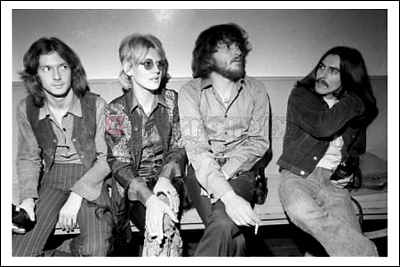
Years later I decided to revisit their music. I needed to really hear if I was missing something. I decided to buy more of their catalog. I had to find something that made another wonderful band be ignored. It was tough to pick because all the music is so good. It's mix of R&B, Soul, Rock, Blues, Gospel and so much more. Each album makes you want to hear the genre they just put down on record. I went back to the albums I originally owned and decided to play them all. I heard great music in all of them. That was a big problem because I wanted to do just one album. I decided to stumble on two albums and really listen to them.

It was a hard pick but picking Motel Shot was the one that needed to be talked about. Every moment of this album is a mix of wonderful genres. The guest stars on this album too. People like Gram Parsons, Joe Cocker, Dave Mason, Duane Allman, John Hartford, Leon Russell, and many great session players. The music tells the tale of how great Delaney and Bonnie were. They are not in your music history books, but damn they really make you love this greatness of good old fashion roots music. Check out this album and I am sure you will find your reason to love it. Enjoy!










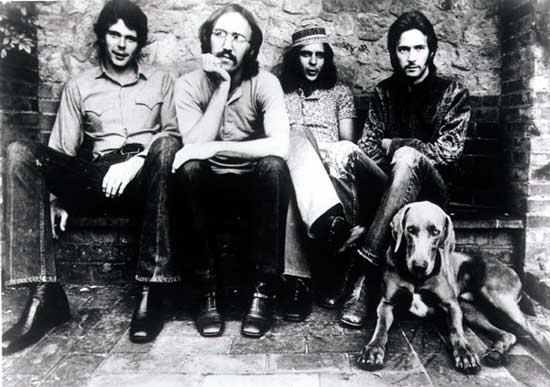

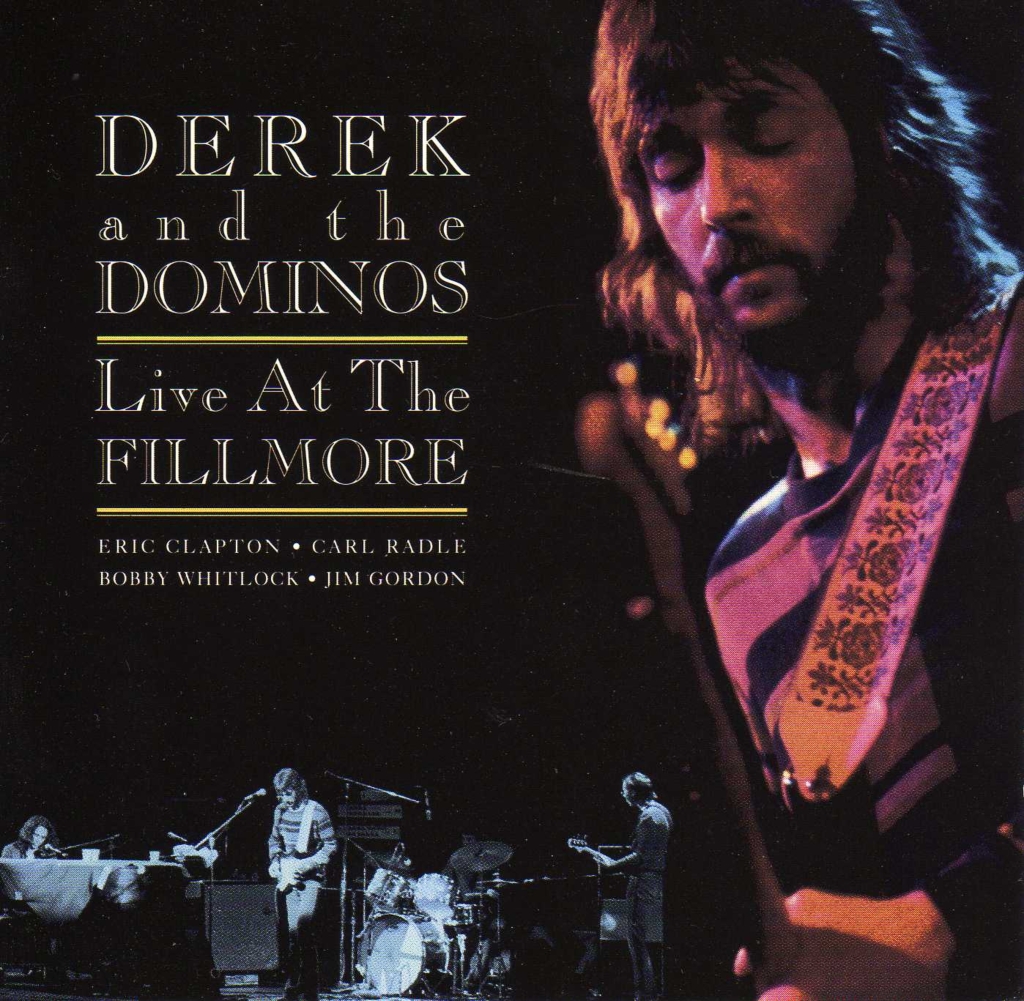



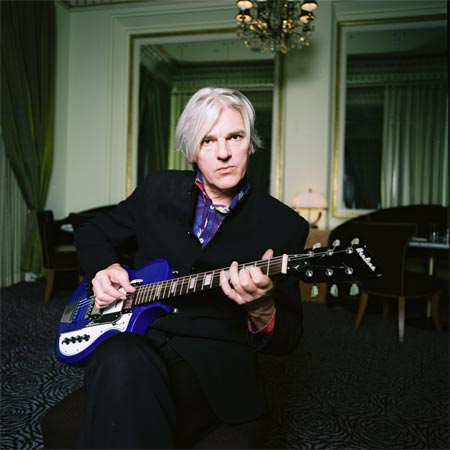







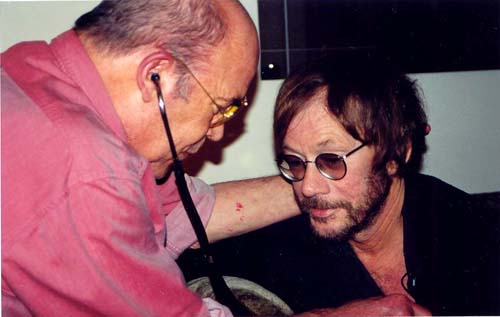

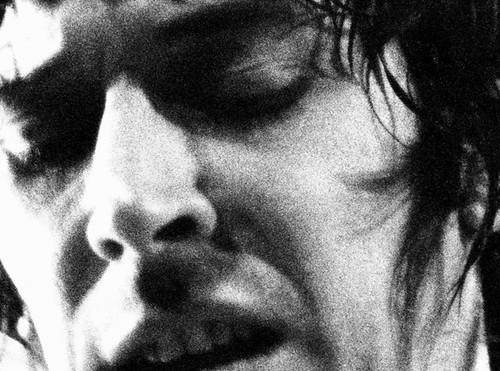






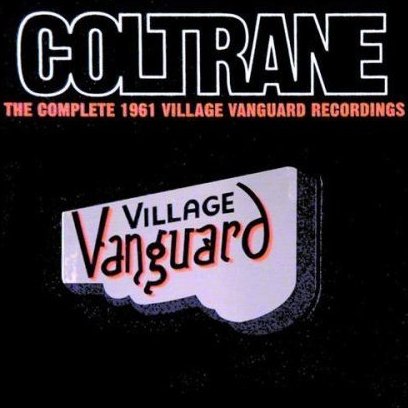



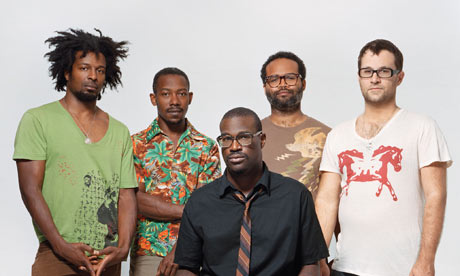
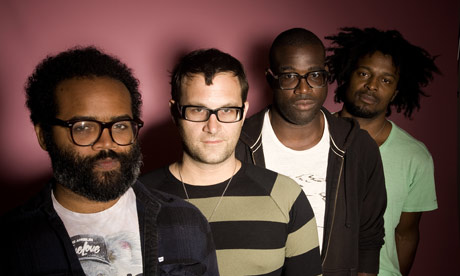

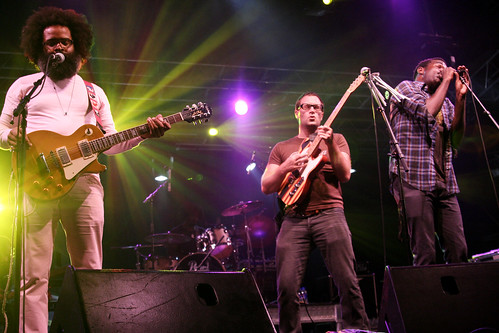









































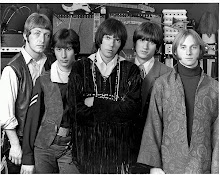































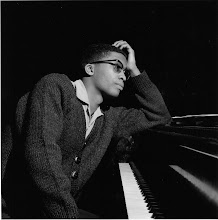MosaicImages1.jpg)

























